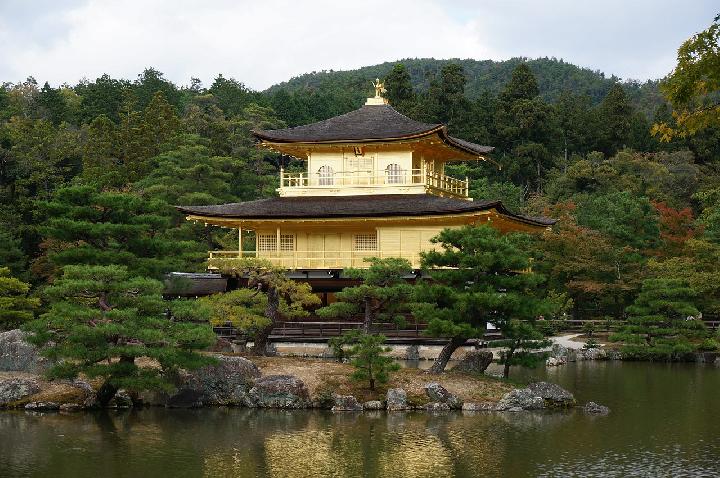TEMPO.CO, Jakarta – The government of Japan has finally approved to implement the Kyoto tourist tax in an effort to tackle rampant overtourism. The bill, which was previously submitted earlier this year, will be effective from March, 2026 onwards, charging over 100 per cent increase.
The dramatic increase in the accommodation tax will officially be levied on high-end hotel stays, posing plausible remonstrance from luxury travelers. With revenue earmarked for Kyoto’s infrastructure improvements, this move is likely to receive indisputable support from locals and many affected geisha community.
Kyoto Tourist Tax to Tackle Overtourism
Japan is one of the best Asian countries to visit in 2025. The nation welcomes a surge of international tourists annually with its many holiday-themed destinations.
Kyoto, a leading cultural tourism destination, drew 56.06 million domestic and overseas travelers in 2024. According to the South China Morning Post (SCMP) and the Japan National Tourism Organization (JNTO), this staggering number nearly equaled its all-time tourist peak in 2015.
As one of Japan’s most congested tourist cities, Kyoto has experienced dreadful incidents involving locals. In Gion, several geisha and apprentice maiko have reported repeated incidents of harassment and trespassing.
Although a bill imposing fines of more than 10,000 yen was introduced last year, overcrowding in Kyoto shows very little sign of declining.
New Kyoto Tourist Tax Breakdown
Starting March 1, 2026, the historic capital will officially impose the highest accommodation tax in Japan on tourists. As the latest step in countermeasures against overtourism, the government will implement a progressive tax system that look like:
For stays under 6,000 yen : The tax will remain at 200 yen For stays under 6,000 yen to less than 20,000 yen : The tax will increase from 200 yen to 400 yen For stays under 20,000 yen to less than 50,000 yen : The tax will increase from 500 yen to 1,000 yen For stays under 50,000 yen to less than 100,000 yen : The tax will increase from 1,000 yen to 4,000 yen For stays of 100,000 or more : The tax will increase from 1,000 yen to a maximum of 10,000 yen
Citing Essential Japan, the ministry officials confirmed students on school outings will remain exempt from the tax in accordance with the existing levy rules.
Fear Over New Kyoto Tourist Tax
Despite its favorable outcomes, critics have expressed concern about the impact on overnight visitors to neighboring Osaka, citing the significant increase in levy responsibilities. In response, officials explained that the new tiers impose a proportionate financial burden, making the lowest rate accessible only to budget travelers.
Furthermore, Mayor Koji Matsui assured at a press conference in January that, “Kyoto is going to use revenue from the accommodation tax to build a sustainable tourism city, which must be good for both tourists and Kyoto citizens.”
This elaborate proposal projects a doubling of annual revenue, from 5.91 billion yen to around 12.6 billion yen next year, from the tax windfall.
While some travelers may balk at the increased levy, the move underscores Kyoto’s commitment to balancing between its residents and millions of annual visitors. If executed with transparency and purpose, this bold initiative could redefine how world-famous destinations manage overtourism.
Editor’s Choice: Kyoto Plans to Impose Highest Ever Hotel Tax Starting March 2026
Click here to get the latest news updates from Tempo on Google News


AloJapan.com